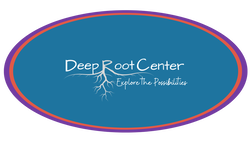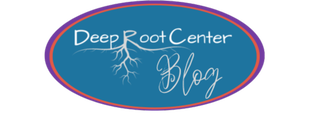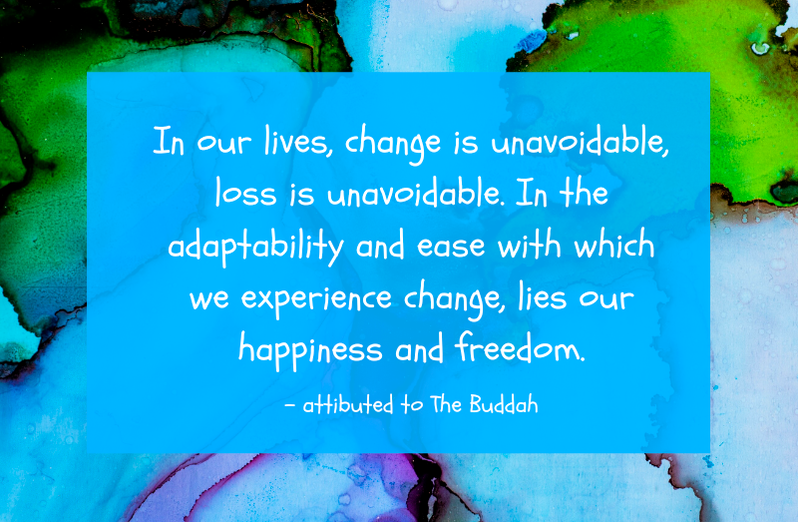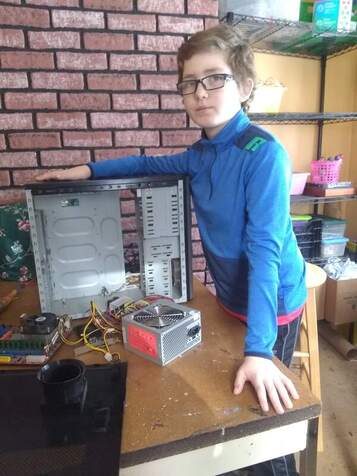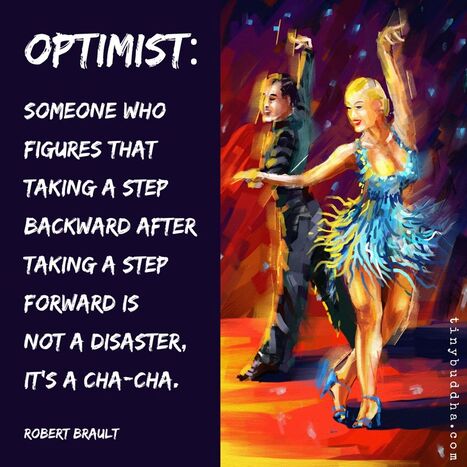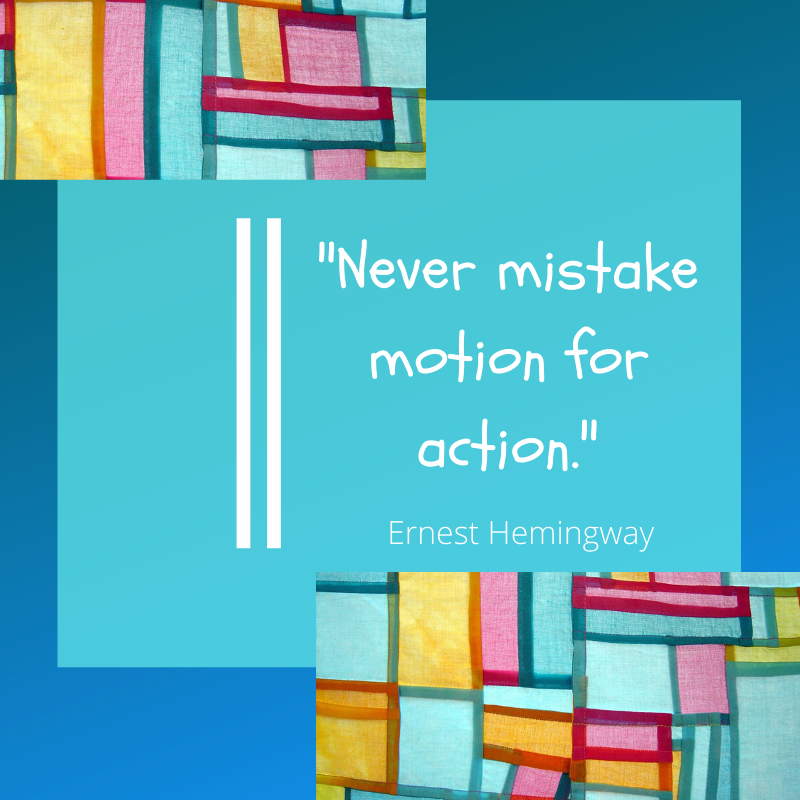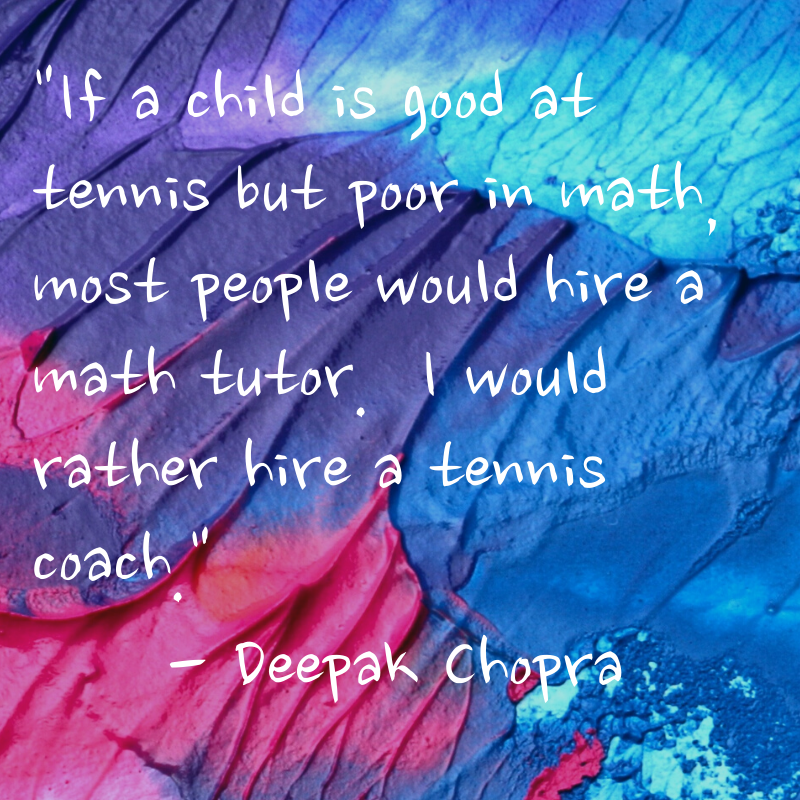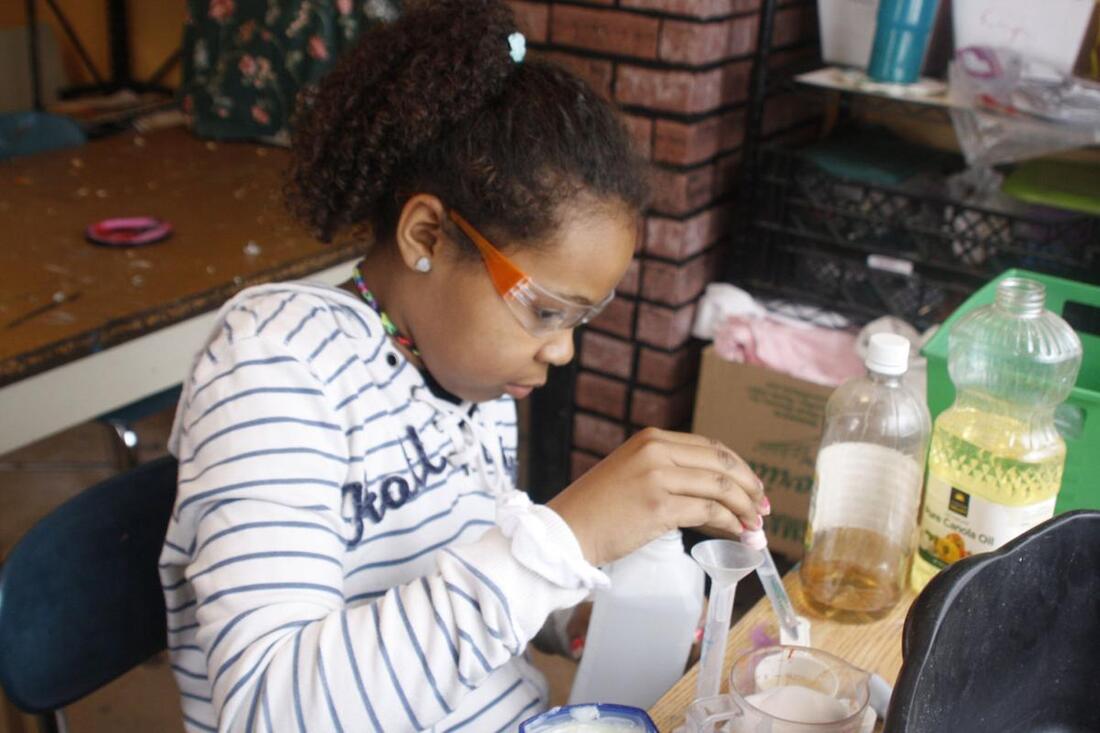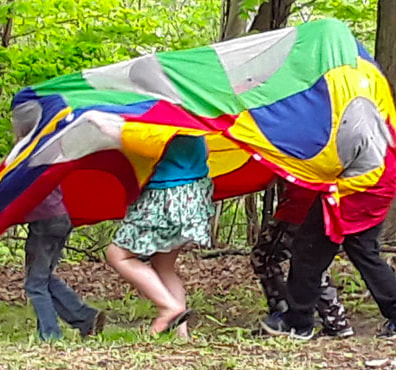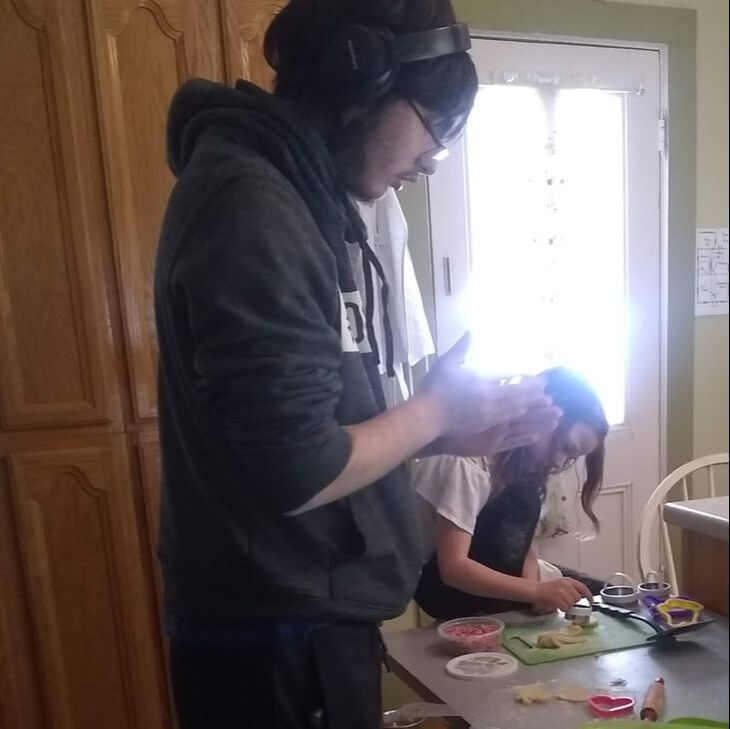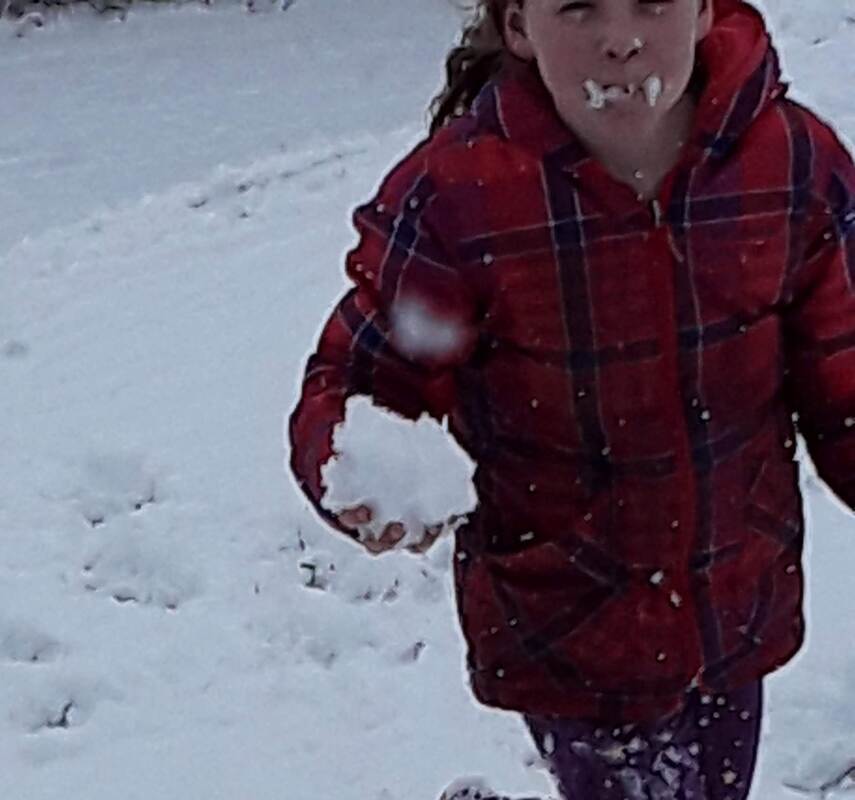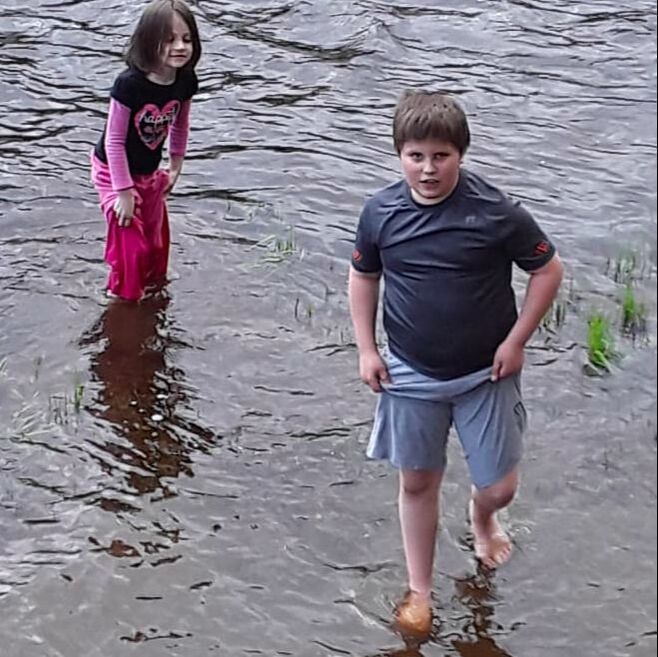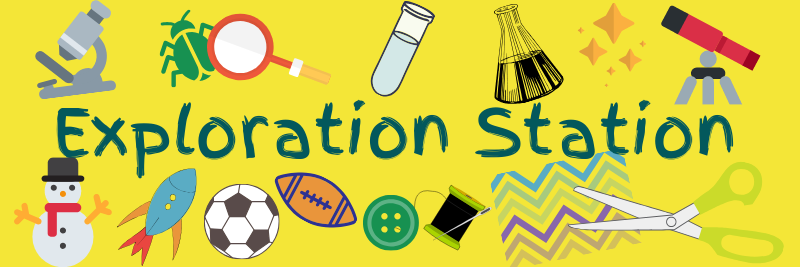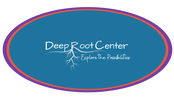|
The one definitive thing I have learned over the past six years of providing a non-coercive, non-compulsory learning environment is that when people have the opportunity to make their own choices, the decisions they make are not necessarily the ones I would have suggested, or even anticipated, based on the information I was working with. In gifting free choice, I have relinquished all control over other people’s life. I can, and will, make observations and suggestions, but in the end, I understand clearly, that each person is in charge of their own life. This comes with the knowledge that another person’s decisions may, very well, directly affect my reality. This means I will get disappointed, discouraged, and generally bummed on occasion (a few in the last couple of weeks). Nevertheless, I recognize (after the initial reflexive response to the punch in the gut) that fighting the outcomes and responding with frustration and anger will only make it harder to deal with in the end. Ultimately, I have decided to trust in the power, and bequests, of Mother Universe. I know without a doubt that she is looking out for all of us. When I can step back, accept, and go with the flow – I can anticipate the amazing opportunities, hidden within all those disappointments and hurts, that Serendipity, in all her wisdom, is working on behind the scenes, just waiting for the perfect circumstances to bestow on each of us. For most of us, the piece that requires us to adjust our perspective before we can recognize the advantages of the path to which we have been redirected - is the element behind our resistance. Sometimes, we need the reminder that the ability to adapt and move on with new information, is the evolutionary advantage that makes us human. DRC News Wish List We are curating a wish list of items and materials needed for various projects and activities. We are also looking for volunteers to help with some of those projects, as well as facilitate classes. Please get in touch if you can help with any of these things. Thank you!
0 Comments
Just for fun, type “productivity quotes” into Google and see what pops up. In case you were not already aware, this provides one more piece of evidence that our culture is completely obsessed with “productivity.” We are all constantly under pressure to produce stuff, anything, to prove something to the world. What we forget it is that the process is just as, if not more, valuable than a precisely finished product. A perfect example of this is taken from my observations when I table at events and Farmer’s Market. I always have an abundance of various art and craft materials for kids to use while I engage their parents in conversation. I used to bring examples of projects – craft stick puppets, etc., but always told the kids they are free to use any of the items to experiment and play. Oftentimes, the kids were happy to examine the resources and start randomly creating whatever struck their fancy. However, in most cases, their adult immediately latched onto the example and stepped in to “help” the child produce a reasonable facsimile of the craft. They wanted the child to have something to show for their efforts while the kid was happy to let the process be the product. What we don’t quite understand is that being productive does not necessarily mean anything, besides the appearance it provides of being occupied or competent. Busywork looks productive. Homework looks productive. Sitting silently and staring into space does not, nor does play. You see, we are actually confusing productivity with progress. Just because you look busy does not necessarily mean you are doing anything beyond spinning your wheels. Progress, on the other hand, sometimes, at first glance, appears to be stagnate - like a whole lot of nothing, or even extremely messy. One step forward and two steps back. What we forget is that the process of making mistakes, examining the outcomes of those errors, and adjusting our approach are all essential parts of learning – or making progress. Progress can be quiet and contemplative, or it can be playful and fun. It can be infinitesimal to the point of not being noticeable, except by those who are paying close attention. Or, it can be giant leaps that seem impossible until you conceive how much invisible effort and time it took to get there.
As human beings, we are all making progress in our own unique way. To judge someone’s productivity based solely on what you see and what you believe to be necessary for advancement or success, only means you are missing the amazing progress that is happening on the levels that are not clearly visible. Do you obsess about the things that you are challenging for you, or do you focus on those that you excel at? Most of us can immediately name all the stuff we suck at – and for the most part, we know this because our deficits have been pointed out by someone else --- over, and over, and over again. Eventually, at a fairly early age, we begin to define ourselves by our negatives. I am bad at math, I have a really bad memory, I do not comprehend anything I read, I don’t understand spatial relationships, I have a hard time relating my ideas to others, the rules of grammar are really difficult to grasp, I am clumsy and really bad at sports, I am not musically inclined, or learning another language is impossible for me. The above list could go on forever, because, I’m going to let you in on a secret here, no one, I mean absolutely none of us, will ever be good at everything – although I understand, there are some people who might appear to be. Our educational system is built on the opposite premise – everyone should be brilliant in all things – especially those subjects on school report cards. And, by bringing a hyper-focus to the things a student has difficulty with, they will (should) understand that they can only work on getting better at those things. This entire concept is highlighted beautifully in this article that I just happened to stumble upon this morning. What the system has lost sight of, completely, in that equation, is each unique individual and their psyche – their feelings, confidence levels, and essential selves. This is the central reason I meet confused kids who don’t know what they like, what they are good at, or are interested in, whose self-esteem is shattered and are experiencing bouts of overwhelming anxiety, kids who have lost all sense of curiosity and have no idea how to play. It is also the main explanation for why most of us are afraid to be authentic and true to ourselves. What if instead, we focused on and celebrated those things people (kids) are good at? What if we encouraged them and provided the resources they needed to work really hard at those to go beyond proficient to an expert? I can tell you, there would be far less mediocrity and apathy in our world. Not to mention the fact that we would have fewer reasons to be awestruck by the stories in our Facebook news feed about kids who have had the opportunity to follow their passions to become “prodigies” because every kid would have the freedom to do the same – it would be utterly commonplace for genius and brilliance to be on display at every turn. DRC News We had a busy and exciting week! DRC-East, in Lawrenceville opened on Tuesday, Exploration Station, the DRC afternoon program began on Monday. And, we had a fantastic article about all we do in the Watertown Daily Times! Thank you to everyone who has worked hard to get us to this place. * Photo above and the following copy is from the article ... CANTON — Walking up to the two-story Deep Root Center, a crafted Tin Man, from “The Wizard of Oz,” serves as a greeter. Continuing onto the porch and crossing the threshold of the front door, a creative, colorful frenzy can be observed on any given day.
On Monday, that frenzy involved a colorful birthday cake baking in Deep Root Center’s kitchen oven and a sweet aroma filling the house. “Kids learn how to seek out the information they want to learn on their own,” said Maria Corse, Deep Root Center founder and executive director. “It’s completely different than anything most people equate with education.” Celebrating her 10th birthday, Kiana Tiernan, a student at Deep Root Center, cut into a vanilla cake adorned with rainbow sprinkles. Deep Root is an education and after-school hub for students ages 5 to 19, where one rule is solidly enforced: respect. Other than that, kids are encouraged to work through individualized learning plans with the help of Deep Root staff and peers. The Center, 48 Riverside Dr., Canton, celebrated its sixth anniversary Monday, and will now offer programs in Lawrenceville — the second center will temporarily be located at the Lawrenceville Fire Department, until the permanent Lawrenceville rental space is ready. The need to expand to a second location, Ms. Corse said, has arisen due to the Canton center being at capacity. By September 2019, 15 students were on the waiting list for the school year. The first day of programming in Lawrenceville is scheduled for Jan. 7. Ms. Corse has 17 years of alternative education experience and believes in the playfulness of learning, that the best learning outcomes are derived from hands-on experimentation. With learning and curricular flexibility, Deep Root operates on “self-directed learning,” and is modeled on programs facilitated by North Star Learning Center in Sunderland, Mass. Founded in 1996 by Ken Danford and Joshua Hornick, North Star provides an alternative to middle and high school for teens, and as interest in the education style grew, similar centers started to emerge across the country. After sharing its vision at replication conferences in 2011 and 2012, Liberated Learners, Sunderland, was built on the principles of North Star to assist local centers with organizational needs and increase awareness of the education model. As a member of Liberated Learners, Deep Root Center fosters student development through a home school legal framework, which allows students to leave traditional school to become members of Deep Root. To fulfill that framework, Individualized Home Instruction Plans are developed for each student with guidance from Deep Root staff. Specific subjects, including math and English, are incorporated into IHIPs in compliance with state law, and at Deep Root, such subjects are referred to as “buckets” that are intended to be filled with classes, projects, creative activities and independent research, all in line with a student’s personal interests. Serving kids who have previously been enrolled at more conventional public or private schools, or acting as a supplement to kids who are home schooled at their own residences, Deep Root aims to offer something for everyone. On Monday alone, Ms. Corse said, “we’ve got kids playing chess, we’ve got the bakers and the art makers.” While the younger students, called “seedlings,” are guided with more structure, older kids and teens are granted freedom to explore their learning goals and check in with staff mentors weekly. For Deep Root apprentice Chase Villenueve, becoming part of the Deep Root team after completing his work as a student last year was an easy decision. Mr. Villenueve arrived at Deep Root Center as a student in 2017 from Gouverneur High school, where he was constantly concerned about time — timed classes, time to study, timed tests and a generally time-oriented schedule. “Here, I didn’t have to worry about time,” Mr. Villenueve said. “I had time to do stuff at my own pace.” Though transitioning from public school to Deep Root required some adjusting, Mr. Villenueve said the stress level associated with Deep Root was more manageable, and he has been proud of his role as an apprentice helping other students at the center. All students, Ms. Corse said, are welcome at Deep Root Center — regardless of a family’s ability to pay. And with the center providing around $120,000 a year in fee reductions, Ms. Corse has looked to community partnerships and a budding after-school program to fill gaps. “I pinch a dime until it screams,” she said. In partnership with the Food Bank of Central New York and through the Church and Community Program of Canton and the Canton Neighborhood Center, Deep Root receives food pantry items each week to keep the center’s kitchen stocked and students fed. As Deep Root Center grows, so does the need for continued support, which can take a variety of forms, Ms. Corse said, from registering kids in the center’s after-school care program to volunteering to share a certain skill or passion with students. Between the chasing footsteps and experimenting, a student sat in the “chill space” quietly reading, another composed a song upstairs using a computer software program. But all eventually convened in the kitchen when Kiana informed them, “Cake is ready.” No, I am not alluding to the massive trucks covered in flashing lights, filled with a grainy sandy-salty mixture, and equipped with an enormous curved blade on the front and another “wing blade” off to the side (famously known for cutting down rural mailboxes), that those of us here in northern climes both rely on, and dread meeting from the opposite direction or getting behind, during our long winters. I am, actually, referring to the, less than laudable, newly minted terminology describing parents who go beyond hovering (I’m sure you have all heard of the ubiquitous child rearing style – called helicopter parenting) to actually create a barrier of protection, and actively pushing (removing) obstacles or potential disappointment out of their child’s path, before the child can encounter it. Beyond creating entitled, narcissistic, and obnoxious brats, these parenting techniques go against every natural law of childhood. All animal babies, including humans, have evolved an innate technique that beautifully uses exploration, experimentation, and, an inborn flexibility to adjust the original plan, based on errors, as the dominant method of learning. Kids are incredibly resilient – their bodies and minds are designed to play, get bumps and bruises, seek out danger to see, for themselves, how far they can safely push the limits; they are supposed to encounter obstacles, barriers, and disappointment. This is the natural means of acquiring knowledge, not only about the world, but themselves – what they like, what they dislike, what they are good at, and most importantly how they each learn best as individuals. Are they visual, auditory, or kinesthetic learners, or some combination? Do they gravitate towards logical, mathematical type thinking or are they more inclined to think about things in a more fluid and organically creative way? Are they happy to be solitary or do they feel better surrounded by people? Will they gain more information through visual and spatial cues, nature, or music and rhythm? The only thing children need to understand all of this is an environment filled with real-life stuff as well as caring, loving, and supportive adults (who are willing to get out of the way and follow the child’s lead) were they are free to roam, investigate, and explore on their own, and seek out help when needed, without hindrance or prefabricated agendas. Most of us know these things about ourselves because we have had the opportunity to investigate and test out our own preferences, throughout our entire lives – from infant-hood on. I wonder, though, is it our culture itself that is responsible for producing Helicopter and Snowplow Parents? In our attempts to keep kids safe in what we perceive to be an unsafe world – we have attempted to recreate, carefully cultivated, antiseptically cleaned, “safe” environments that replicate everything children “need” - from “playgrounds,” retail “play spaces,” and specially designed “playrooms” in our homes, to daycare facilities, preschools, and (of course) schools. We shame the parents who actively avoid these often age segregated spaces filled with safe equipment, predetermined lessons, adult driven activities, and arbitrary rules that offer little room for exploration or outside the box thinking, and a whole lot of control. As a culture, we have developed what amounts to unimaginative, creativity (and immunity) killing, padded cells. And, in doing so, we have effectively removed those biological and cultural mechanisms for learning (not to mention health); leaving children, as they grow older, to flounder, rudderless, without any other authentic means of seeking out information about themselves or their world. Subsequently, in our attempt to keep kids safe, we are anesthetizing them from real life, and we are also inhibiting their natural immunity (yes, kids are sicker), with (the irony of it all) toxic chemicals. You can be sure that these kids will eventually rebel! This all means many of our kids are entering adulthood without a literal, or figurative, clue. They have no idea what they are interested in – what really lights their fire, and have no way of figuring it out, because they have been taught to fear the unknown (including the outdoors and all it encompasses - but most especially - dirt), change, disappointment, and making mistakes. They also don’t know how to solve problems or think creatively. They expect to be entertained, want everything to easily fall into their laps, and are keenly disappointed when they don’t. And, they honestly don’t know how to fix that. Instead, they blame others for their failures, seek out means of artificially removing obstacles, and often inflate their own accomplishments to appear more influential, well rounded, and smarter. I am deeply saddened to say, as a society, we are not growing people who care about kindness, or helping others - who understand empathy or compassion – we are raising people whose main objective is to get ahead, and they will use whatever unscrupulous means it takes to get there. DRC News Opening day for DRC -East is Tuesday! Stay-tuned for photos and other developments, as we get established. Contact us if you are interested in learning more about joining us in Lawrenceville. There are limited spaces available. The DRC Afternoon Programs opens Monday, January 6th. Register your child today!
|
|
© 2024 Whole Learners, Inc. 501(c)3
Deep Root Center
48 Riverside Drive, Canton, NY 13617
315*323*1435/[email protected]
Deep Root Center
48 Riverside Drive, Canton, NY 13617
315*323*1435/[email protected]
